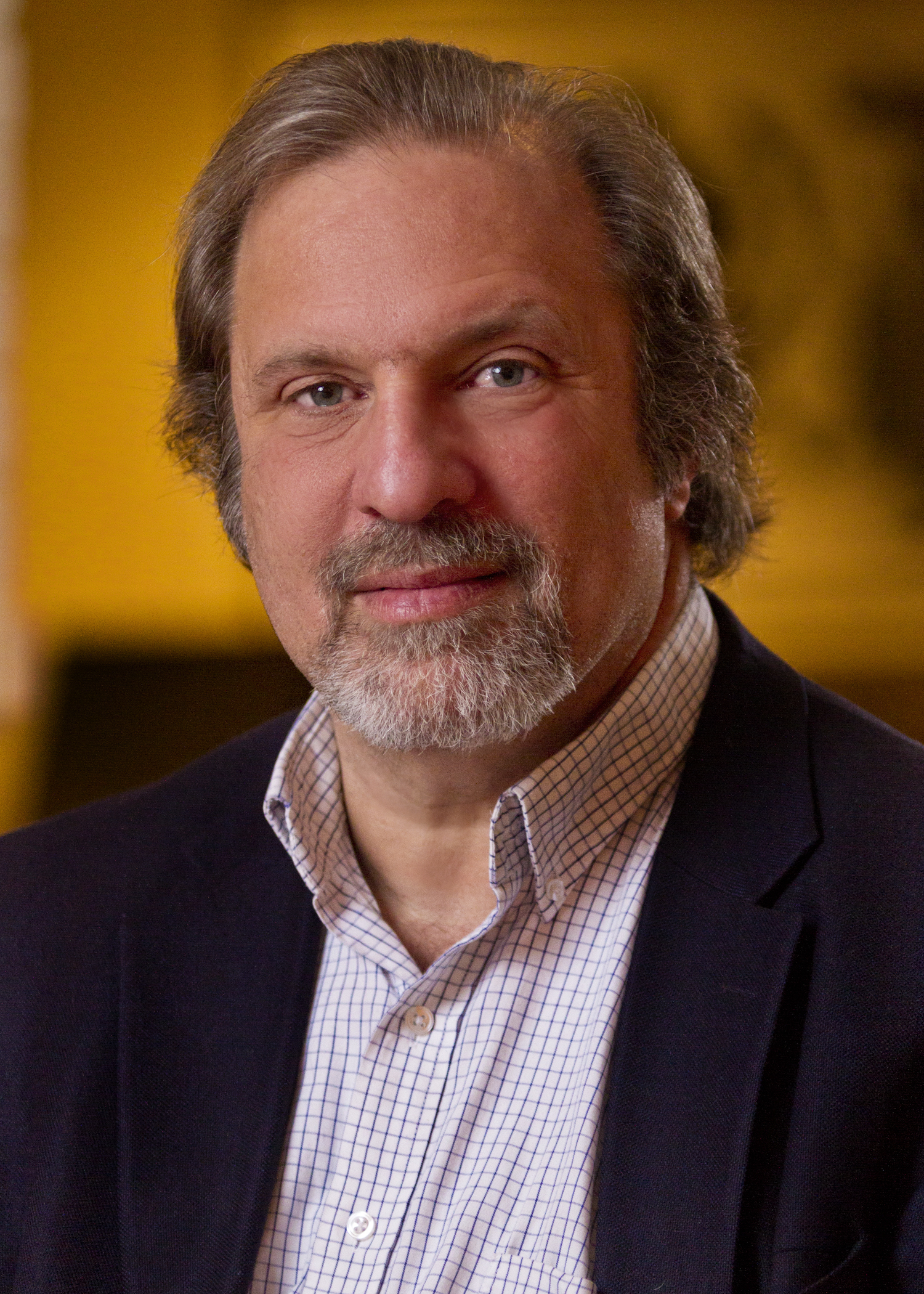![]()
The goal for the governance structure of GHUCCTS is to provide effective and efficient mechanisms for providing guidance and decision making for GHUCCTS, while preserving the identities and values and deriving synergy from the unique resources of the member institutions. This will be achieved by a bipartite leadership model, deliberative and decision-making bodies with representation from all GHUCCTS institutions, and distributed but integrated component leadership groups. An Investigator Support and Administrative Core provides both personalized and web-based navigation to investigators, and serves to maximize efficiencies throughout all of the CTSA components. The GHUCCTS governance is subject to an ongoing rigorous evaluation process that identifies emerging problems so that modifications of structure and alterations of personnel can be undertaken when necessary to maintain optimal effectiveness and accountability. By its very structure, as well as agreed upon priorities, GHUCCTS actively promotes multidisciplinary and cross-institutional research in the communities of Washington DC.
 Georgetown Principal Investigator: Joseph Verbalis, MD
Georgetown Principal Investigator: Joseph Verbalis, MD
Dr. Verbalis is a Professor of Medicine, Chief of Endocrinology and Metabolism, and MPI of the Georgetown-Howard Universities Center for Clinical and Translational Science at Georgetown University. He graduated from Princeton University with an AB in chemistry in 1971, and received an MD from the University of Pittsburgh in 1975. He completed his residency training at the Hospital of the University of Pennsylvania from 1975-1978 and his fellowship training in endocrinology and metabolism at the University of Pittsburgh from 1978-1980. Dr. Verbalis was a faculty member at the University of Pittsburgh from 1980 through 1995, and then relocated to Georgetown University in 1995. Dr. Verbalis has published more than 300 journal articles and book chapters related to the neuroendocrine regulation of the hormones vasopressin and oxytocin, and disorders of body fluid homeostasis. He authors the chapters on vasopressin and water metabolism in major textbooks of endocrinology, nephrology and neuroscience and is a regularly invited speaker at national and international meetings on neuroendocrinology and body fluid homeostasis. Dr. Verbalis’ translational research has been funded by the National Institutes of Health for the last 40 years, and has concentrated on mechanisms underlying adaptation to hyponatremia, renal escape from vasopressin, osmotic regulation of hypothalamic gene expression, sex differences in physiology and pathophysiology, exercise-associated hyponatremia, and clinical use of vasopressin receptor antagonists. In 2007 he was the awarded the Berthold Medal by the German Endocrine Society for outstanding scientific achievement in endocrinology by individuals who have excelled in combining both basic and clinical research. In 2013, he authored the U.S. Expert Opinion guidelines for the diagnosis and treatment of hyponatremia based on clinical and translational research studies. From 2003 to 2010 Dr. Verbalis directed the Georgetown-MedStar General Clinical Research Center. Under his co-leadership, Georgetown and Howard Universities were awarded a Clinical and Translational Science Award in 2010 to establish the Georgetown-Howard Universities Center for Clinical and Translational Science, which has been successfully renewed for two additional terms (2015 and 2020).
 Howard co-Principal Investigator: Marjorie C. Gondré-Lewis, PhD
Howard co-Principal Investigator: Marjorie C. Gondré-Lewis, PhD
Dr. Gondré-Lewis is a Professor of Neuroscience at Howard University, Director of the NeuroPsychoPharmacology Laboratory, and Associate Dean for Faculty Development, and Justice Equity Diversity and Inclusion (JEDI) for the College of Medicine. She is the Howard MPI of the Georgetown-Howard Universities Center for Clinical and Translational Science (GHUCCTS). Dr. Gondré-Lewis obtained her bachelor’s degree from New York University, her Masters and Doctorate from Albert Einstein College of Medicine’s Dominick J. Purpura Department of Neuroscience. She completed her postdoctoral fellowship at the NIH’s National Institute of Child Health and Human Development (NICHD), and joined the faculty at Howard University in 2005. She was a standing member of the Developmental Brain Disorders study section for several years, and has served as an ad hoc member on numerous other study sections.
Dr. Gondré-Lewis’ research focuses on mechanisms of addiction in people with substance use disorder (SUD) and on identifying functional neuroanatomical correlates of SUD and co-morbid HIV. Her clinical translational work is guided by consideration for ethnicity-based genetic/biological variations, and socioeconomic determinants of (mental) health that influence health care outcomes and scientific interpretations of data. Her research has received continuous federal funding and she has published dozens of primary research articles, as well as numerous reviews, and book chapters. In 2023, she was featured in Neuron.
In addition to her decanal role and extensive research work, she has a substantial record of mentorship of students (undergraduate, graduate, medical, and dental students), postdoctoral researchers, junior faculty (clinical and basic scientists) as well as peer mentor to mid-career and senior faculty. She is the immediate past Howard University co-Director of the KL-2 Faculty scholars training program for GHUCCTS. She has supported national programs as a leader and/or significant contributor, including the American Psychological Associations’ (APA) Scholarships to Enhance and Empower Diversity (SEED), the Inter-CFAR (Center for AIDS Research) URM (underrepresented minority) Strategic Planning Group, and the BRAINS (Broadening Representation of Academic Investigators in Neuroscience), among others. In her GHUCCTS leadership role, she embraces the unique co-equal partnership of Howard University and its Historically Black Medical College (HBMC), with Georgetown University to enhance the clinical translational landscape in the entire region. Our focus is to enhance the reach of the national CTSA goals to have a tangible impact on the lives of everyone, especially people who are underrepresented. Dr. Gondré-Lewis has received several accolades for her work in the community, as a teacher, and for mentorship.
 Howard co-Principal Investigator: Thomas A. Mellman, MD
Howard co-Principal Investigator: Thomas A. Mellman, MD
Dr. Mellman is Professor of Psychiatry and Director of the Center for Clinical and Translational Research and Stress/Sleep Studies Program at Howard University College of Medicine. He received training at the NIMH Division of Intramural Research Programs and has previously held faculty appointments and achieved the rank of Professor at the University of Miami and Dartmouth.
Dr. Mellman has had continuous funding as PI on federal research grants since 1991 including a VA Merit award, and R01, R21, and K24 awards from NIMH, NHLBI, and NIMHHD. His primary research interest over the years has been the role of sleep in posttraumatic stress disorder (PTSD) and the early aftermath of trauma. He recently completed an RO1 grant to investigate the relationship of PTSD to nocturnal blood pressure in young adult African Americans and R21 grants to investigate the role of sleep in processing traumatic memory, and sleep adaptations to stressful environments. His additional research interests with resulting publications include other aspects of the psychobiology and treatment of PTSD, evidence-based practices in psychopharmacology, and the role of stress in health disparities. He has a consistent track record of mentoring junior investigators and interdisciplinary collaboration. He was a member of the NIH study section for Mechanisms of Emotion Stress and Health, was previously a member of NIMH IRGs for Violence and Traumatic Stress and Interventions, and has served on several review committees for the NIH Roadmap and Department of Defense research programs. Dr. Mellman was a member of the original ISTSS committee for developing treatment guidelines for PTSD, APA committee for text revision of the DSM-IV, and the Institute of Medicine Committee for review of the evidence regarding the treatment of PTSD.